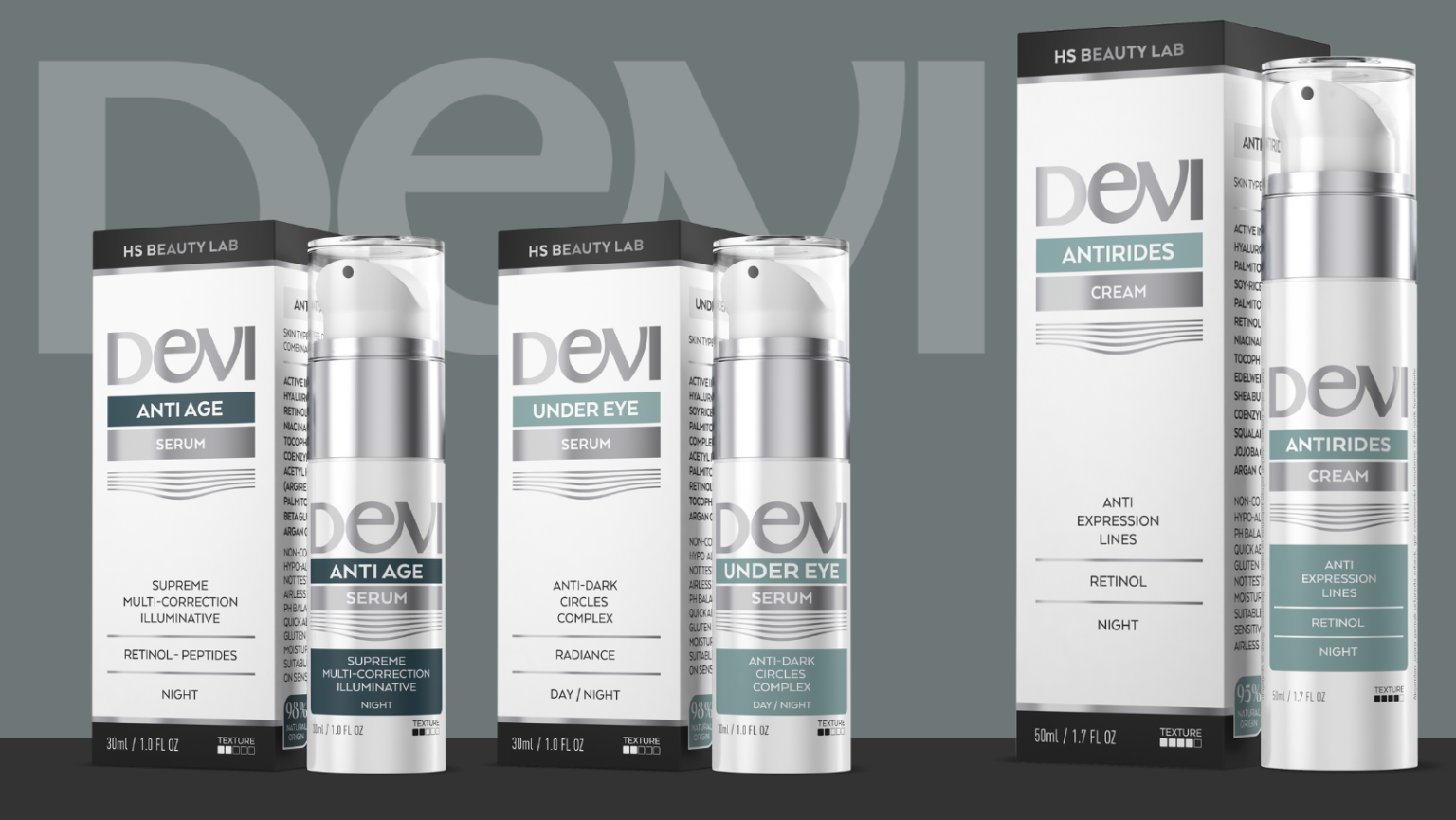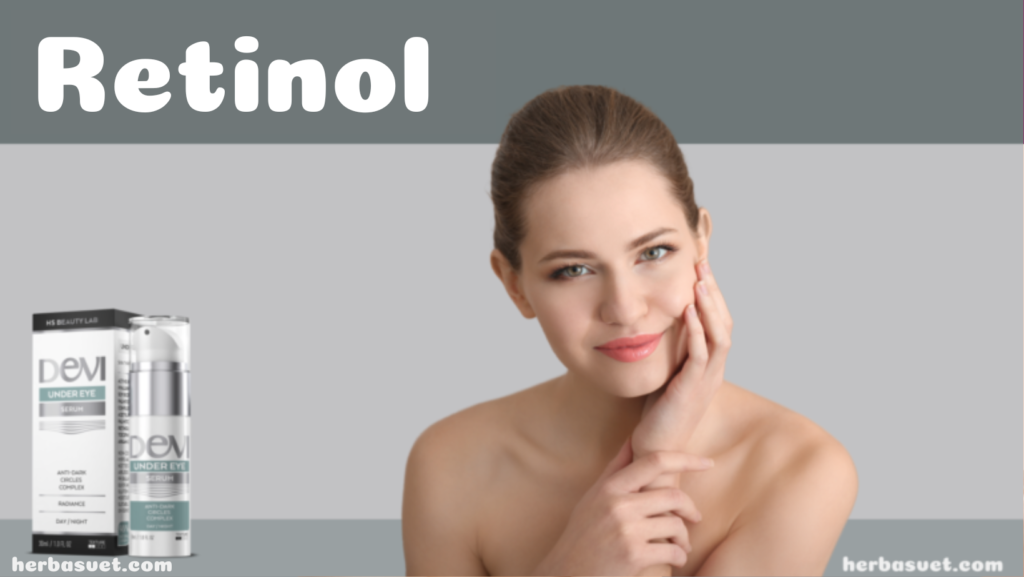If we frequently eat vegetables or fruit which are either yellow or orange, such as carrots, sweet potatoes, apricots and melons, or other foods such as spinach, cabbage, kale, parsley, liver, fatty fish, butter and eggs, we can be sure that we consume enough vitamin A. This essential vitamin is liposoluble – it dissolves in fat. We get it either through retinol (retinoid), its active form, mainly from animal products, which the body can use in its existing form, or through provitamin A – carotenoids, such as beta-carotene, which is best known and which we get from plants. This points to the origin of their name derived from carota – the Latin word for carrot. Provitamin A is converted to retinol in the small intestine and its absorption requires fat. Vitamin A is necessary for our survival from the earliest age: without it, there is no normal cell division, gene expression, hormone secretion, red blood cell formation and immune function, normal growth and reproduction. It protects our eyes and enables night vision, supports the health of our bones and joints, helps the body fight against malignant cells, protects the skin and supports the work of internal organs. Our body stores an excess of this vitamin in the fat cells of the liver. To use it, our body needs zinc, which activates the enzymes necessary for its release from this reserve.
As vitamin A is essential for cellular function and immunity, it plays a vital role in the body’s defence against cancer cells. Numerous studies have confirmed that intake of sufficient doses of this vitamin is associated with a reduced risk of several cancers, including non-Hodgkin’s lymphoma, bladder, cervical and lung cancers, as well as other infectious diseases, such as malaria or bacterial infections. What retinol is best known for today is its positive effect on the skin.
VITAMIN A AND THE SKIN
How does retinol work on the skin? It penetrates through the outer layer of the epidermis (stratum corneum), even reaching to some extent the next layer of the skin, the dermis. When retinol reaches the keratinocytes, cells of the epidermis, it enters them and binds to the appropriate receptors. Retinol stimulates the cellular activity of keratinocytes, fibroblasts, melanocytes and Langerhans cells, promotes their multiplication, strengthens the protective function of the epidermis, reduces transepidermal water loss, protects collagen from deterioration and inhibits the activity of metalloproteinase, responsible for the degradation of the extracellular matrix. Retinol additionally promotes the remodelling of reticular fibres and stimulates angiogenesis of the papillary (upper) layer of the skin.
A rich reserve of vitamin A in the body also reduces another risk – of the formation of acne (acne vulgaris). If we know that this vitamin protects us from bacterial infections, then everything is clear, because acne is caused by the bacterium Propionibacterium acnes (P. acnes), which lives in the accumulated sebum in the pores; when blocked by a layer of dead skin cells, the bacterium begins to break them down and thus causes inflammation. Acne is common during puberty because the hormones that start to wake up then trigger the increased secretion of sebum. They can also appear later in life, for example in women who suffer from polycystic ovaries, or in those who are on the threshold of menopause. In the case of acne, the dermatologist will most likely prescribe a drug based on vitamin A. Today, more and more clinical studies confirm that retinyl palmitate, one of the esters of retinol, is very effective in the treatment of acne.

What retinol is best known for is its anti-aging properties. Today, the cosmetic industry is growing, because a youthful appearance has never been as appreciated as in our time. Over the years, it is normal that the skin ages, thins, relaxes and loses elasticity. In addition to genetic factors, the speed of this process is also influenced by external factors, exposure to ultraviolet rays (UVA and UVB), stress, smoking, hormonal imbalance and metabolic changes. Today, special attention is paid to photoaging, considering that never before have we been so much aware of the extent to which the sun’s rays can be harmful. The results of clinical studies have shown that topical retinoid therapy is much more effective in improving the appearance of photo-aged skin than surgical procedures. The symptoms of photoaging are not only wrinkles, but also hyperpigmentation – spots and freckles that appear after exposure to the sun. Retinoids do not only reduce damage, but also prevent further photoaging because they are proven to absorb ultraviolet B rays. In human studies, retinyl palmitate has shown efficacy in sun protection equivalent to factor 20.
RETINYL PALMITATE
Retinyl palmitate is the ester of retinol that the skin tolerates very well, and unlike some forms of retinol, it does not cause irritation, so it is a common safe ingredient in cosmetic products. It is naturally found in the epidermis, the outer layer of the skin, but in a concentration that is not sufficient to provide effective protection against UV rays. Laboratory research has established that after two weeks of retinyl palmitate use, the level of collagen and protein increases, and that the epidermis becomes significantly thicker. Further research has produced more important facts: the use of retinyl palmitate inhibits DNA damage and apoptosis.
Retinol is therefore a valuable part of Devi cosmetics. In the Anti-Age Serum, this vitamin, along with the top-quality hyaluronic acid, vitamins B3 and E, coenzyme Q10, peptides and argan, bergamot, geranium and neroli oils, acts as a powerful antioxidant, contributes to the building of collagen, increases the elasticity of the skin, its resistance to bacteria and irritation, and to the reduction of wrinkles and traces of photo-aging. In addition to peptides, hyaluronic acid and precious oils, Anti-rides Eye cream for the area around the eyes also contains extracts of edelweiss and eyebright, which regenerate, rejuvenate and additionally prevent spots. Thanks to retinol among other things, Undereye Serum relieves puffiness and dark circles around the eyes and gives a fresh look. There is also the Antiage Cream Vitamin, a cream rich in vitamins for day care, and Antiage Cream Antirid, especially intended for the skin prone to wrinkles around the eyes and the mouth. With foods rich in vitamin A and Devi cosmetics, health and a youthful appearance are guaranteed!

